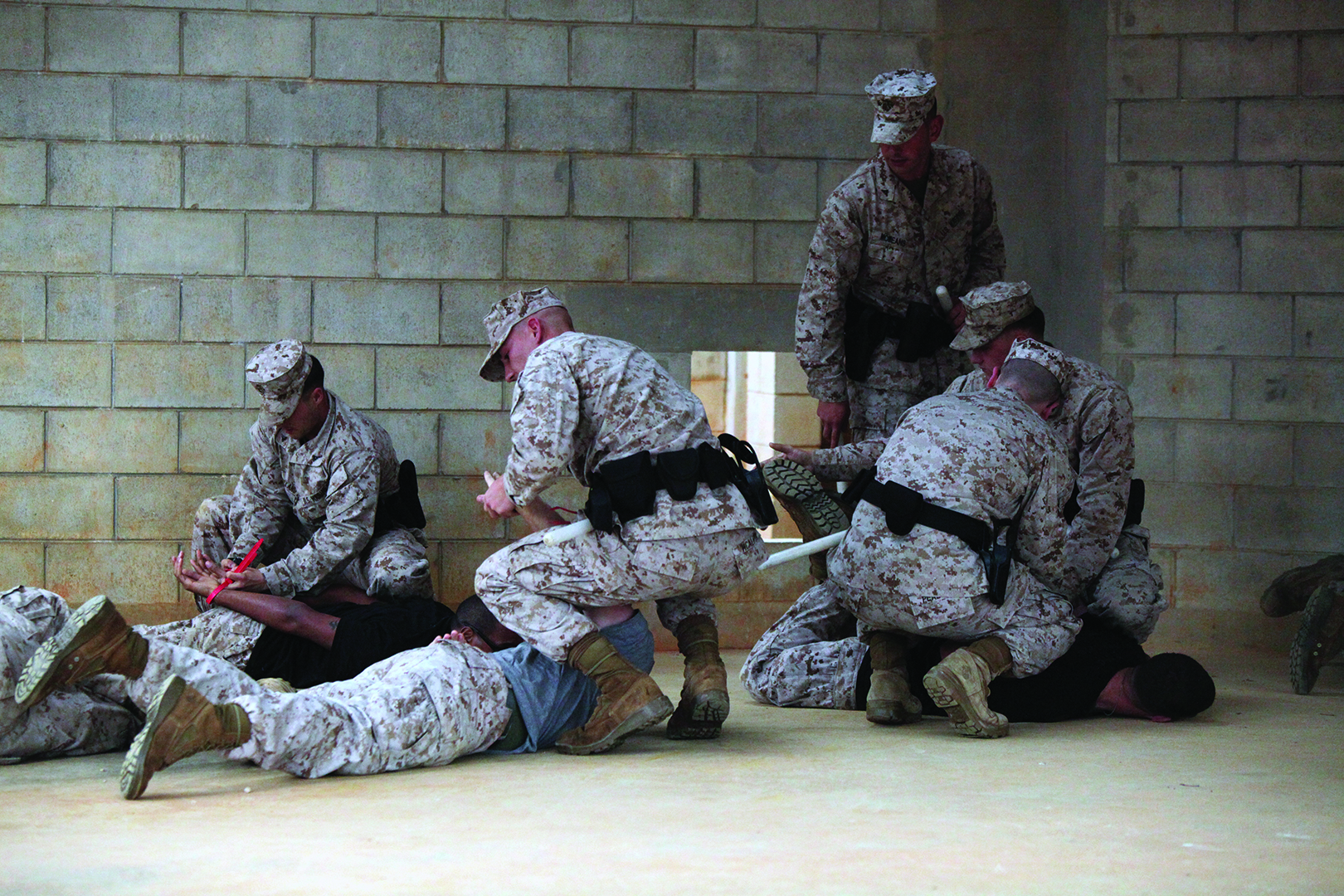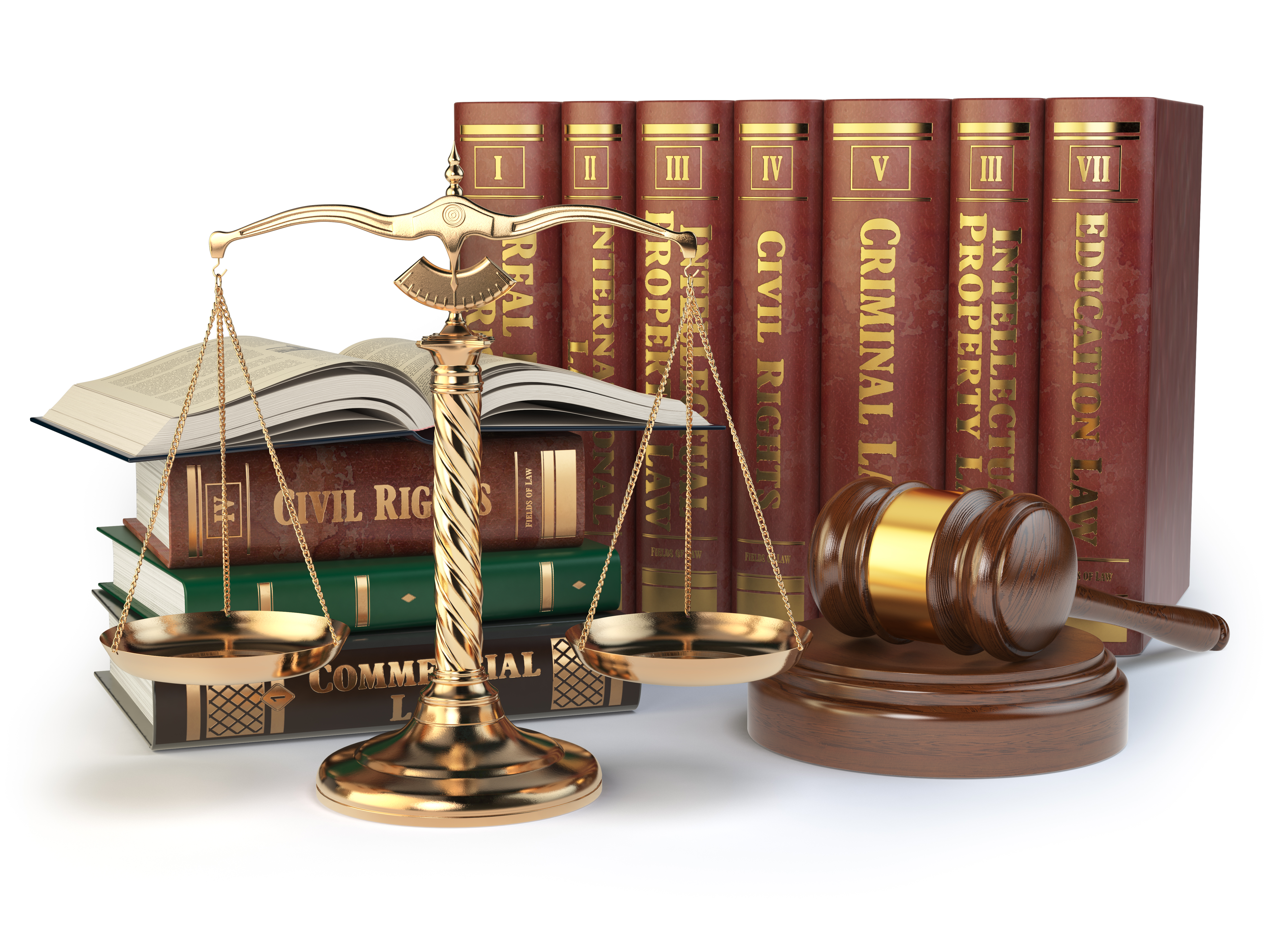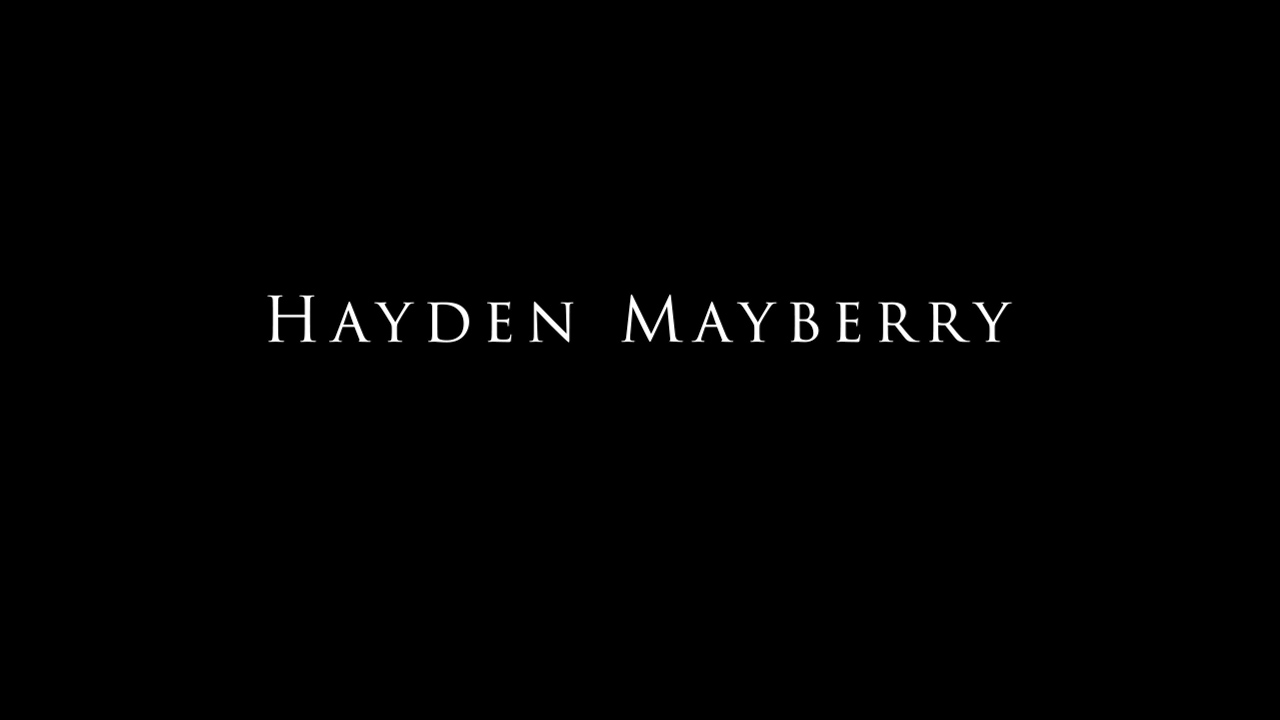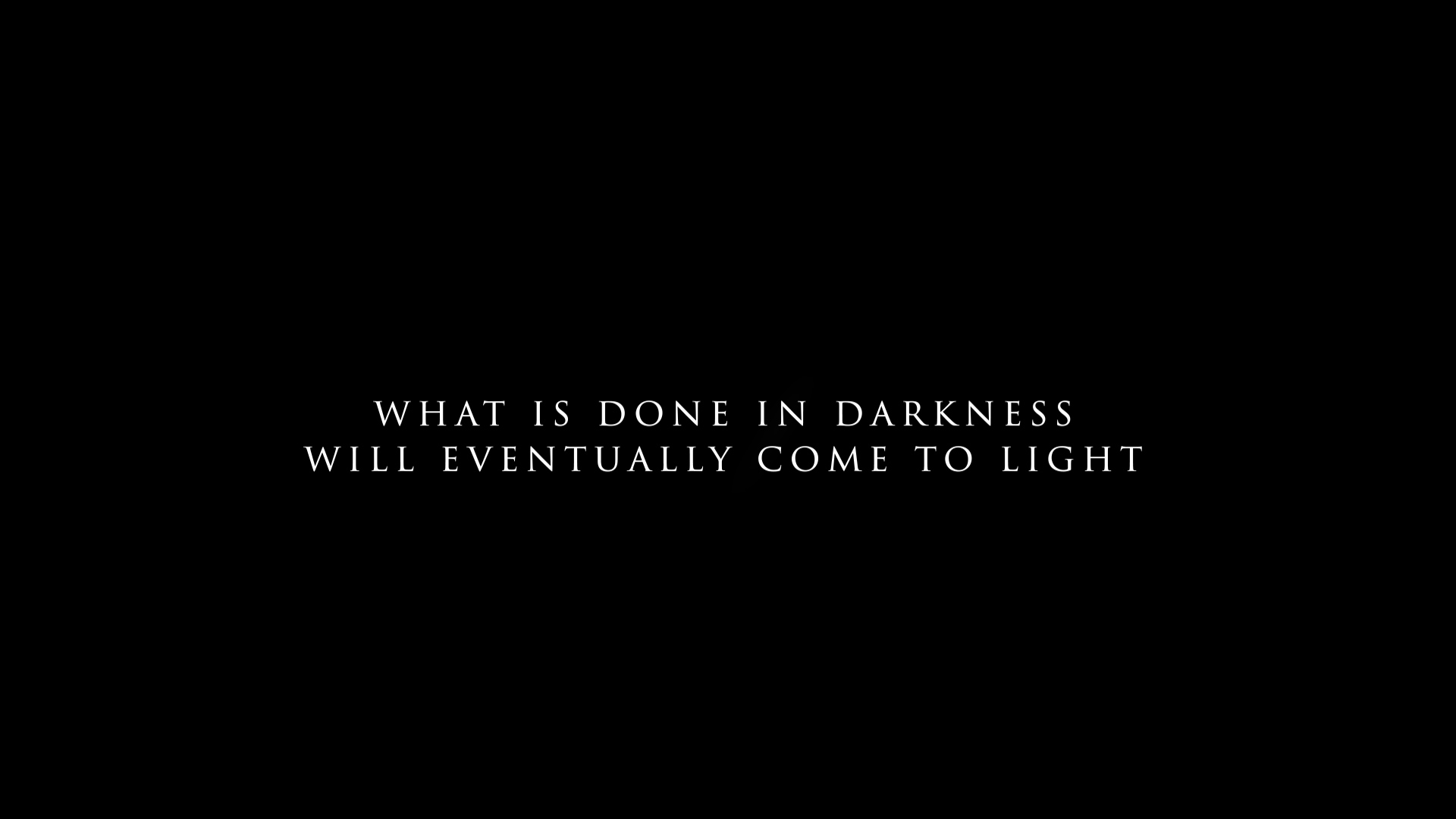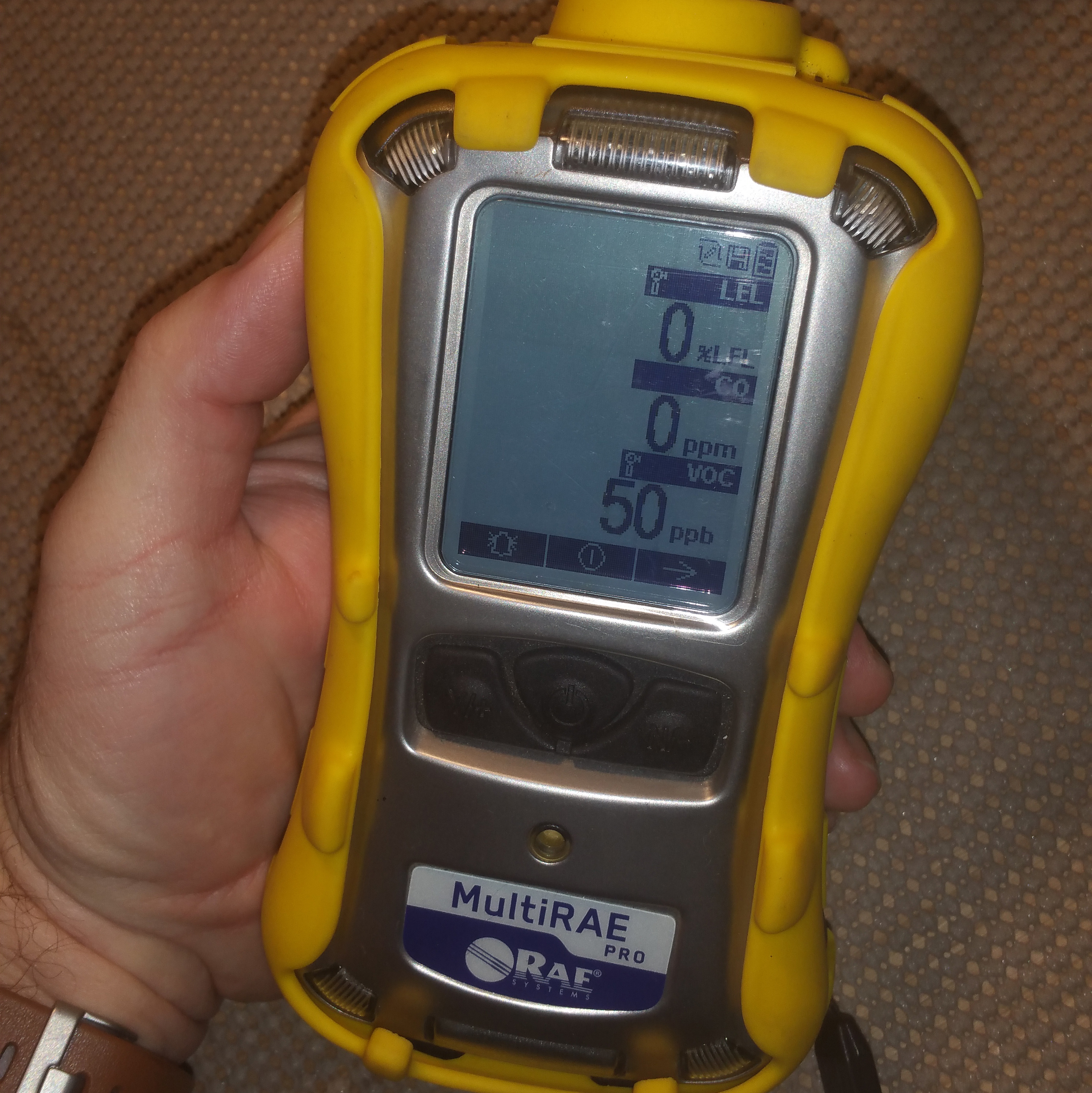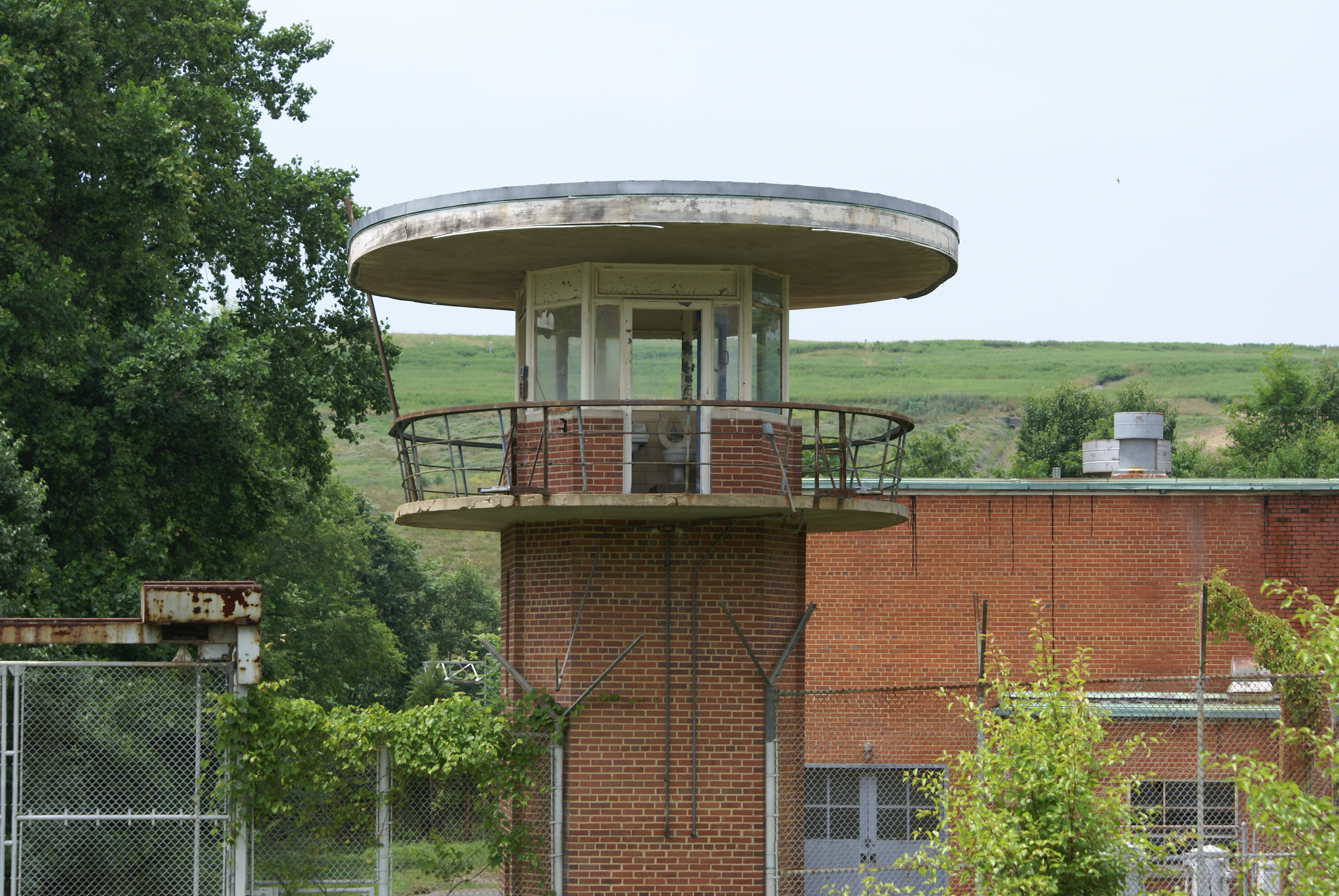We are constantly learning new skills and acquiring new tools to help us do our job better and more efficiently. One of the most important tools for a successful Private Investigator is the camera. Just about every job we perform involves a camera at some point, especially surveillance and documenting evidence. We never leave the office without several cameras: dash cameras in the vehicle, body cameras documenting our movements and interactions, DLSRs with high-power zoom lenses…the list goes on, and now includes drones: flying cameras.
Despite having the right camera(s), sometimes it is hard to be in the right position to get the best shot. We often need to balance the ability to observe with stealth and secrecy, so even though the law allows us to park on a public street right in front of a target’s home or office, snapping away at anything not guarded by the reasonable expectation of privacy, that is rarely practical. No one wants to call the client and explain that you not only didn’t get the evidence they needed, but now the target is aware that they are “under the eye.”
It takes a ton of experience to successfully pull off the perfect photo or video without being “burned.” We put a lot of time and effort into gathering intelligence before we ever setup for a surveillance operation. Satellite imagery and ground topography data, combined with tools for measuring distance and determining paths of unobstructed line of sight go a long way towards determining the best locations to setup for surveillance. That research is also useful for determining routes of potential egress, backup staging areas, and other points of consideration. But satellite information, even up-to-date images through our paid subscription providers, can quickly become outdated. Depending on the location, we may also have to contend with situations where you can’t take a vehicle (or a walk) to an area with line of sight without revealing yourself: like rural surveillance where a house is 1/4 mile down a dirt driveway surrounded by open pastures.
Drone technology offers a relatively new, yet powerful capability to help overcome those challenges. While the possible uses for a drone are almost limitless, from delivering packages or dropping life vests to capsized boaters to finding a missing toddler that wandered off, most drones available in the market today are basically flying cameras. In the world of intelligence gathering and surveillance, drones can be a game changer. Modern drones have excellent range, GPS functionality, obstacle avoidance, and amazing stability. Even mid-grade drones today have cameras that rival high-end DLSR handhelds. Coupled with the right software, highly accurate and detailed aerial map imagery of a target can be obtained in minutes. Even without that software, simply being able to put a drone in the air and watch the screen in real time to determine what the scene looks like, what threats or obstacles exist, and other critical information to provide situational awareness is a huge benefit.
To make use of these capabilities, like anything else in this profession, you need someone that not only has the tools, but possesses the knowledge and experience to use the tools without breaking the law. And there are a lot of legal considerations with using a drone for private investigations. Echo 7 Foxtrot has the capability, knowledge, and experience to make full use of drone technology on client investigations. We are FAA licensed under Part 107 to operate our drones for commercial purposes, understand the plethora of restrictions that apply to operating drones within the law, and we are aware of the legal and privacy considerations involved.
Contact us today to learn how we can take your investigation to a higher level.


